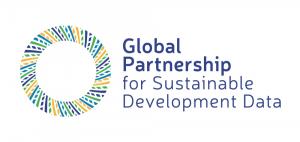Advances in technology are creating data at unprecedented levels of detail and speed, turning the stories of people’s lives into numbers every minute of every day, across the globe. The Global Partnership for Sustainable Development Data was established to help stakeholders across countries and sectors fully harness the data revolution for sustainable development, using this new knowledge to improve lives and protect the planet. The Global Partnership is a growing network of hundreds of members, including governments, the private sector, civil society, international organizations, academic institutions, foundations, statistics agencies, and other data communities.
Our vision is a world where the opportunities of the data revolution are available to and for all of humanity, as a force for improving life for all people, everywhere. To achieve this, we work together towards a world where data is being used more openly, effectively, and efficiently by:
- Governments to improve policymaking and service delivery, including aligning budgets with needs.
- Citizens and civil society groups to make better decisions and hold leaders accountable for their actions.
- Companies to build capacity and drive entrepreneurship and innovation.
- And where all people can trust that their data will be used for their benefit and with their consent.


